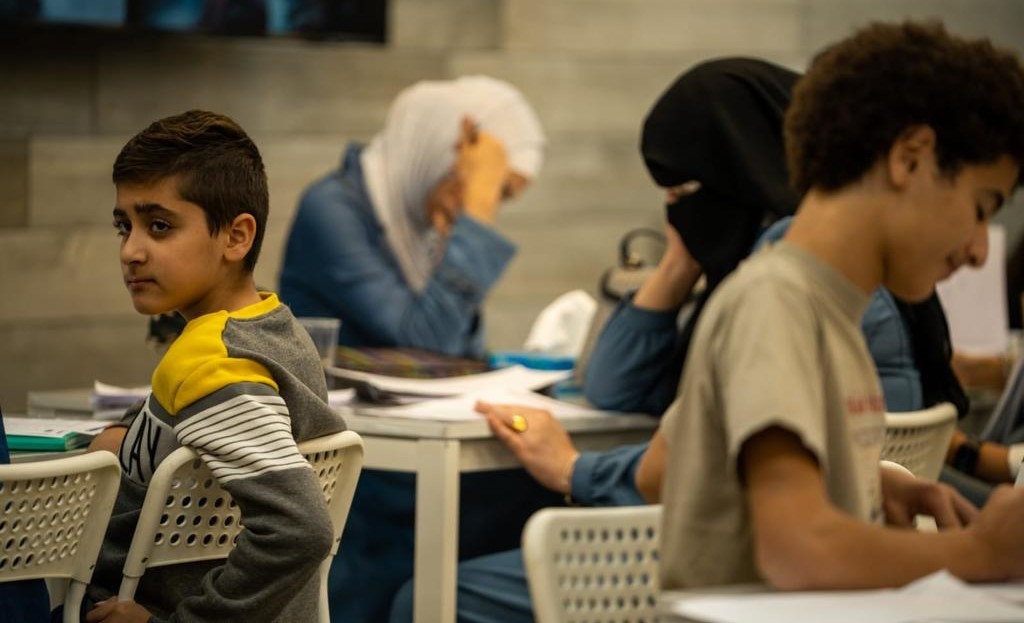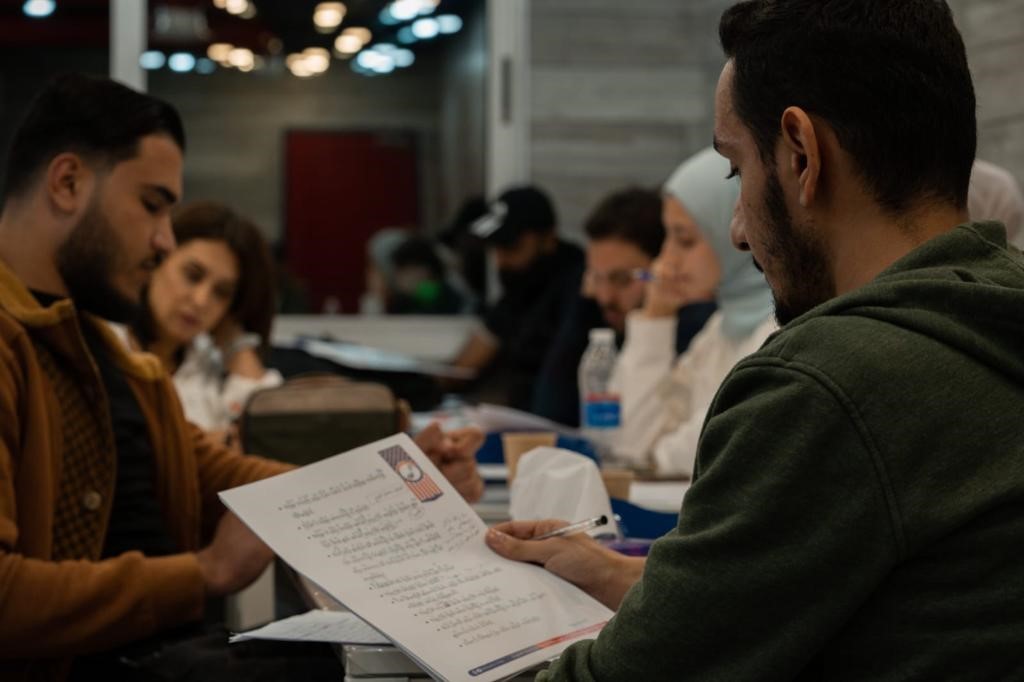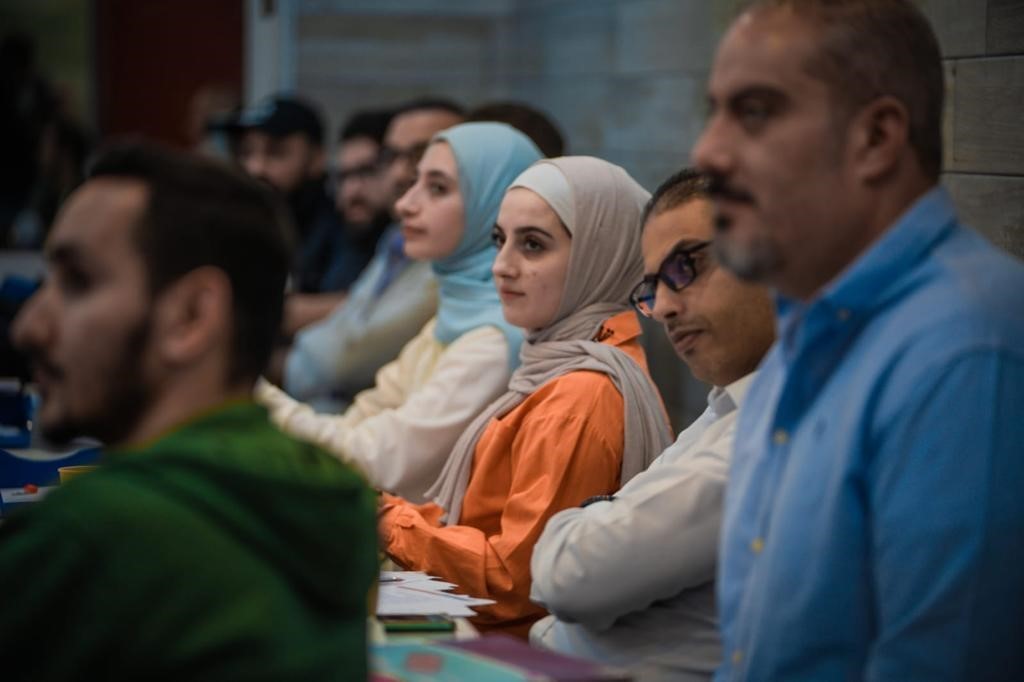In this day and age,
we all know that those who speak English have a better chance
of finding a job or getting promoted than those who don’t. However, it seems to
go even further than that. Apparently, if you can find a way to speak like a
native, your chances of success are even stronger, as many experts suggest.
اضافة اعلان
After
all, we live in a world where English has become the lingua franca of global communication, and
the ability to speak it fluently can open doors to countless opportunities.
But
learning to speak fluently, as if it were your mother tongue, sounds like a
pretty far-fetched goal, doesn’t it? And that’s especially true if you’ve
exceeded a certain age, namely puberty, according to linguistic scientists such
as the prominent Eric Lenneberg.
To be
precise, he was the one who first proposed the critical period hypothesis in
his book "Biological Foundations of Language”. Published in 1967, he used
this work to suggest that there is a biological basis for language acquisition,
and that the brain's plasticity declines with age, thus affecting its ability
to acquire language with native-like proficiency.
Antonio Hodge, however, begs to differ. And he’s making linguistic magic
happen, from right here in the heart of Amman. As a matter of fact, this visionary linguist has seemed to
rewrite many of the traditionally agreed upon premises for language, including
those written by Lenneberg back in 1967. And he’s proving these new premises
daily, through the outstanding success of his students at the flourishing
EnToneYo's Way School.
How it started
Hodge,
35, originally came to Jordan for a brief period of study at the University of
Jordan. However, he quickly fell in love with our beautiful country in ways
that he never thought possible, continually immersing himself deeper and deeper
into the culture. Over the years, he learned Arabic and eventually converted to
Islam, as reported by Jordan News in a recent interview.

However, his linguistic passions hadn’t fully awoken until he noticed that
Arabic, especially the Holy Quran and other religious texts, uses a process
known as diacritization (a.k.a. harakat). These diacritics or diacritical marks
(short & long vowels) are added to a script or writing system to indicate
specific phonetic, tonal, or other linguistic distinctions that are not
apparent in the basic script.
Needless to say, this proved to be a light-bulb moment in the life of Mr.
Hodge. Filled with inspiration, he went on to implement these diacritics into a
language methodology that teaches English in a completely new and unique
way. He took what he learned from the
Arabic diacritical system and designed his own symbols for the English language, all with the
heartfelt purpose of providing Arabic speakers a precise system for rapid
language acquisition and native-like pronunciation.

He
then took what he had discovered and tested his new system on a sample group of
students. After realizing profound success, he knew he was on to something and
filed for a patent. Now, Antonio and his team tell of more than 1,700 people
who "speak English fluently with an American accent”, since the School opened its doors to
eager learners in 2018.
In this short time,
EnToneYo's Way School has already created remarkable prestige for itself through the
undeniable success of its students. Hodge’s innovative approach powerfully
diverges from the conventional language systems available, thus
placing it on the leading edge of English methodology for Arabic students.
It does this through the meticulously designed “EnToneYo Symbols”. And since they are inspired by
Arabic diacritics, they’ve been unmatched in helping local learners grasp the
diverse sounds, pronunciation
nuances, and varied intonations of American
English. In short, these symbols act as stepping-stones that bridge the gap
between learners and their own native-sounding
fluency.
Rhythm,
culture, and melody
"We have seen a
considerable number of students learn to speak English with an American accent,
demonstrating remarkable fluency," boasts Hodge, emphasizing the
practicality and efficacy of his approach.

Ronahi Al-Majdalawi, a
seasoned curriculum expert, acknowledged her initial doubts. Nevertheless, she
gave EnToneYo’s Way a try and soon witnessed the transformative impact of
Hodge's technique firsthand. "I attempted to learn English through
conventional methods for years, and I only accumulated vocabulary and
theoretical grammar knowledge. However, when I observed EnToneYo's students
conversing fluently, it instilled hope within me," she told Jordan News.
Central to the
EnToneYo's Way method is its emphasis on linguistic rhythm, culture, and melody
– all of which contribute to the natural acquisition of English. Hodge
continually draws inspiration from the way children learn their mother tongue,
relying on melodies and emotions to associate sounds with specific contexts.
By immersing learners
in the cultural nuances of American English, EnToneYo's Way has truly succeeded
in transcending traditional boundaries faced by language learners. "This
method allows the language to become second nature, empowering learners to
speak without overthinking when they try to utter words," Majdalawi said.

Shaima Nassim, a
third-year English literature student at the University of Jordan, attests to
the transformative power of EnToneYo's Way. "Before joining the School, my
conversational skills were weak, but after completing the first level, I
witnessed a significant improvement, and my confidence soared, opening up new
opportunities," she enthusiastically recounted.
What’s next for EnToneYo’s Way School and its founder Mr. Antonio Hodge? Only
time will tell, but the future seems brighter than ever for this linguistic
pioneer and his innovative language method. So as those Americans say, I’d stay
tuned if I were you!
Read more Property
Jordan News





